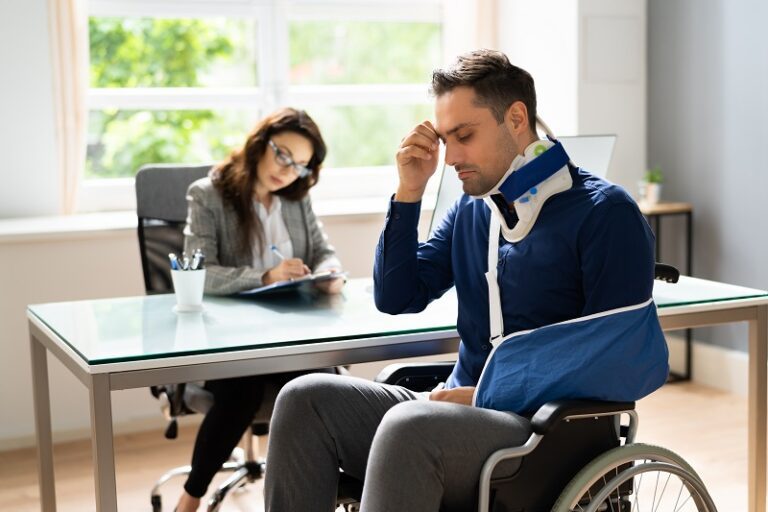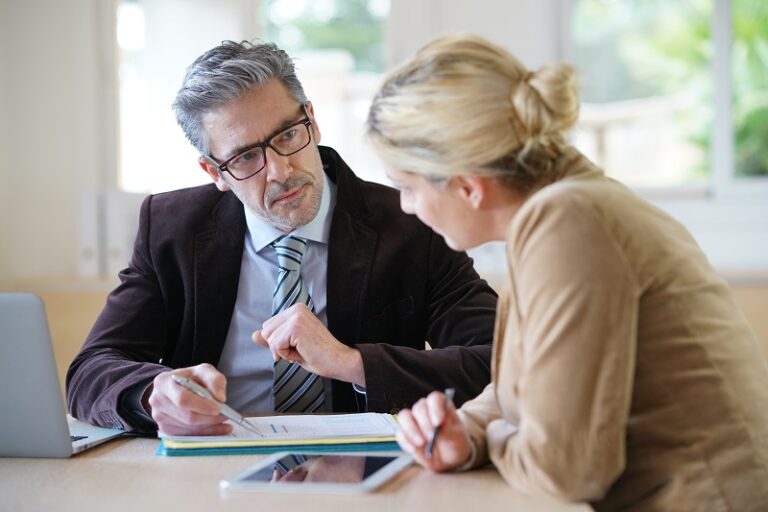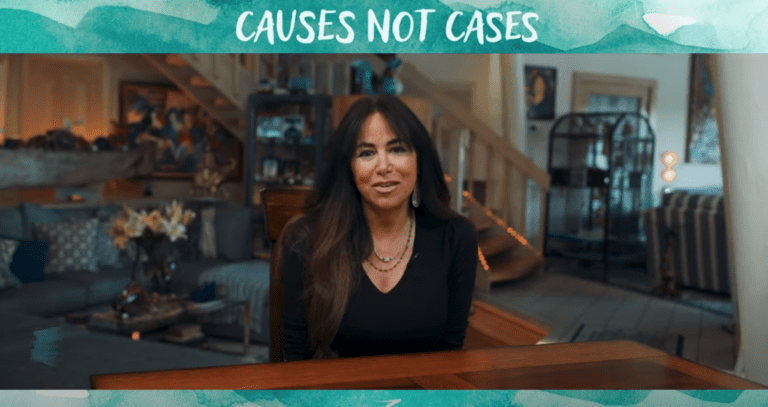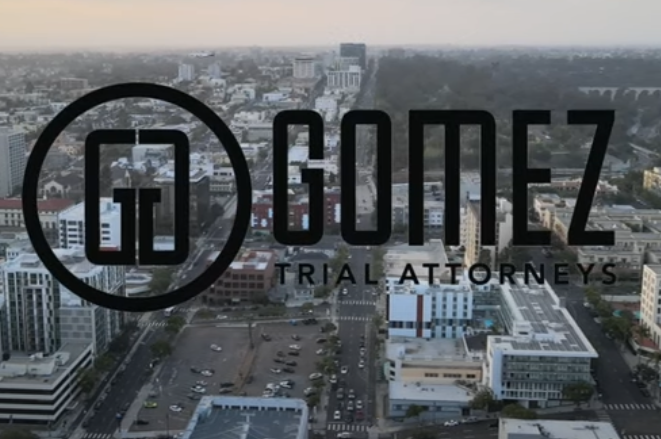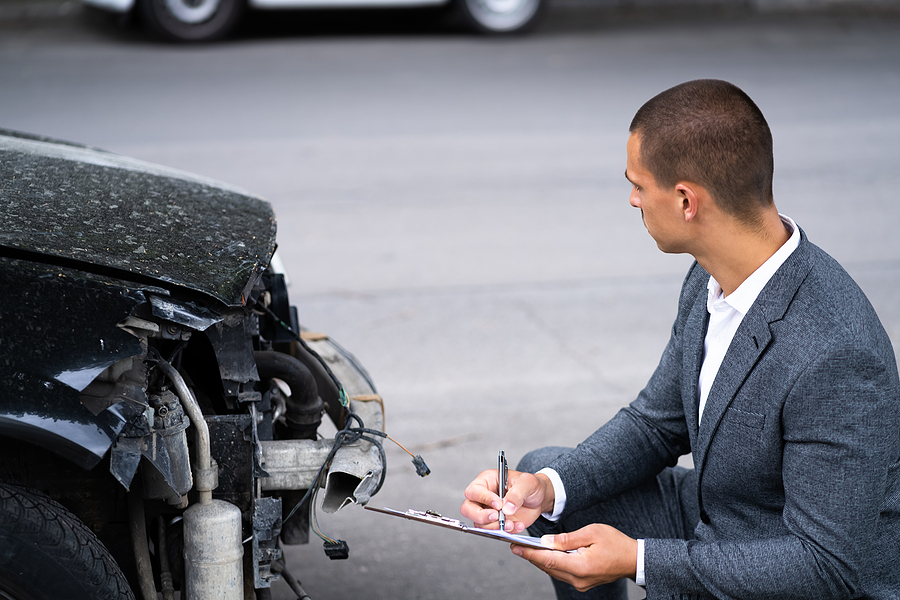
Car accidents can happen anywhere in San Diego, from the 805 to an intersection in the Gaslamp Quarter. No matter where they happen, however, it’s important for the drivers involved in them to know the steps to take to keep themselves safe and protected. The decisions and actions that confront drivers in the moments and days after an accident can have a significant impact on their legal and financial rights.
Here’s a checklist for what to do after (and even before) a car accident in San Diego. For answers to your questions about a San Diego car accident that harmed you or a loved one, contact a skilled attorney today.
[lwptoc]
Prepare (A Pre-Accident Step Everyone Can Take)
According to AARP, more than 6 million car accidents occur each year in the U.S. In California, accidents kill or injure more than 5,600 people annually as of 2018. If those numbers tell us anything, it’s that car accidents are all too common. Everyone can benefit by thinking ahead and planning for the worst.
Of course, you hope you’ll never get into a car accident. Since a risk always exists that you could be involved in one, it helps to keep these supplies in your car at all times:
- An emergency medical kit containing gauze, tape, bandages, latex gloves, tweezers, and an instant cold compress.
- Reflective triangles or flares to warn approaching drivers of an accident ahead.
- A notebook and pen or cellphone that you can use to collect information from other drivers or witnesses.
- The information you would be required to provide to other drivers and the police after an accident, including your auto insurance carrier’s name and your policy number.
- A list of any prescription or over-the-counter medications you use that emergency responders may need to know about when treating you.
We know this isn’t technically a step you can take after an accident, but taking it before can facilitate the other items we discuss below.
Call 911 and Stay Put
Immediately call 911 after any San Diego car accident, no matter how seemingly minor. This will summon first responders, including police and emergency medical technicians who can render first aid if necessary.
Do not leave the scene of the accident. As a general rule, California law requires you to remain at the accident scene until help arrives and information has been exchanged with other drivers. Leaving the scene before then could constitute a misdemeanor, and could put your rights to compensation for your injuries and losses in jeopardy.
This rule permits you to move your vehicle, or yourself, away from the site of the crash if necessary to ensure your or others’ safety and/or to reduce the risk of a secondary car accident. But do not go further than necessary, as you will need to interact with first responders.
Check For Injuries and Render Aid
If you can do so safely, check to see if any of the occupants in your or any other vehicle are injured. If possible, do this while you are on the phone with the 911 dispatcher, to ensure that first responders have advance notice of any serious injuries they may need to treat.
In addition, if you can do so safely, render any necessary first aid to injured crash victims until first responders arrive. California law generally protects you from liability in rendering that aid, so long as you do so in good faith.
Exchange Information With Other Drivers
By law, you must exchange the following information with anyone else involved in your San Diego car accident:
- Your name
- Your current residence address
- The names and current residence addresses of any occupants of your vehicle who suffered injuries in the car accident
- The name and current residence address of the owner of the vehicle you were driving (if not you or one of the vehicle’s occupants)
- Your vehicle’s registration number
- Your driver’s license information
You must also give this information to any police officer who responds to the scene of your accident (see below).
In addition to the information above, it is also important to exchange auto insurance with the other drivers in the accident. In many cases, those parties’ insurance coverage will play a central role in compensating you for your injuries and losses in the crash.
Cooperate With First Responders
Police and emergency medical technicians (EMTs) should arrive shortly in response to your 911 call. They will assume control and responsibility for the crash scene, including providing emergency medical treatment, collecting information, and investigating what happened.
Supply the information listed above to the police when they ask for it, and follow any directions the police give you. A police officer will probably also want to ask you questions. Answer clearly and truthfully, but stick to the facts.
Try not to get drawn into blaming anyone for the accident, and avoid saying anything that a police officer might misinterpret as you accepting responsibility for what happened (such as apologizing or commenting that you should have done something to avoid the accident). Be sure to note the officer’s name and badge number for future reference.
Follow the same playbook when interacting with EMTs. Let them check you over for injuries. Answer their questions accurately and stick to the facts. You should also take their advice. If they want to transport you to the hospital, then go with them. EMTs have training in spotting injuries that could worsen if not treated right away. Do not risk your health by ignoring their assessment of your condition and immediate medical needs.
Take Photos/Videos Of the Scene (But ONLY If It’s Safe To Do So)
In addition to exchanging information with others involved in the accident, it can help protect your rights to try to take photos or videos of the accident scene, such as:
- Images of all four sides of each vehicle involved in the accident that show any damage
- Images of any visible injuries you sustained
- Images of the scene and its surroundings, including the road surface, nearby buildings, street lights, signage, and so on
The idea in capturing these images is to create a visual record of what the car accident scene looked like before cleanup crews and tow trucks arrived to clear the road. That record may prove useful to an attorney in pursuing your rights to compensation later on.
In gathering this evidence, however, never interfere with first responders or put yourself or others in danger. The police will also gather evidence, including photos, at the scene, so if you cannot do so safely, you should not try to do so at all.
Seek Further Medical Attention
Always get a medical evaluation after any San Diego car accident, even if you don’t feel hurt. Numerous injuries, including brain trauma and organ damage, may not exhibit symptoms right away. Even an EMT might miss them.
Within 24 hours of the accident, get checked out by your regular doctor or at a local urgent care clinic. A thorough evaluation by a trained medical professional will identify and allow for treatment of any injuries you suffered. This protects your health, which is paramount. It also ensures the creation of medical records that a lawyer representing you may need to prove the harm you suffered in the accident.
Inform Your Insurance Carrier If Required
Many auto insurance policies require policyholders to report accidents soon after they occur as a condition of paying for accident damage. Check your policy right away to see if you have that obligation and, if you do, contact your insurer to report the crash.
As with interactions with police and EMTs, stick strictly to the facts in notifying your insurer about what happened. Do not try to place blame, and do not say anything that your insurer could interpret as you accepting fault for what happened.
If you need help figuring out if you must report the accident to your auto insurer, ask an experienced San Diego car accident attorney for help.
Obtain A Copy Of Your Car Accident Report
Within a week or two of your car accident, the police who responded to the scene will have prepared a report of the accident. As someone directly involved in the crash, you have the right to obtain a copy of that report.
Click the links below for more information, or call the local police department that responded to your accident.
Keep in mind that a police report is not the final word on what or who caused an accident in San Diego. It’s an initial assessment performed by a police officer at the scene and shortly afterward.
Do not panic if the report lays some (or even all) of the blame at your feet. An experienced car accident injury lawyer can often identify contributing factors in the crash that the police did not consider and obtain compensation for you on that basis.
Beware of Unsolicited Settlement Offers
If someone else’s dangerous actions caused your San Diego car accident, that party or someone representing them may offer to “settle” with you. If that happens, be careful.
A settlement is a payment made in exchange for relinquishing your legal rights. Agreeing to a settlement typically means permanently giving up your ability to sue for damages. You should only agree to a settlement if you know, for certain, that the amount of money offered represents a fair payment for the harm you suffered in light of your injuries and losses and the at-fault party’s ability to pay.
Settlement offers made directly to crash victims like you rarely represent a fair payment amount. At-fault drivers and their insurance companies may instead try to offer you a small fraction of what you deserve, hoping you will agree to it and give up your rights before finding out what they truly owe you.
Say “no, thanks” to these types of offers and instead follow the final checklist item below.
Contact an Experienced San Diego Car Accident Attorney
You need an experienced car accident attorney on your side to obtain maximum compensation for the injuries and losses you suffered in a San Diego car accident.
A skilled attorney can:
- Determine the value of your case based on the expenses and injuries you have already incurred, as well as those you will likely incur in the future.
- Identify all parties potentially liable to you for your injuries and losses.
- Gather evidence, documentation, and witness testimony needed to prove your claim, including with the help of experts in the field of accident reconstruction and medical cost evaluation.
- Engage in settlement negotiations with the at-fault party’s defense attorney and/or insurance provider, while providing you with the information you need to determine whether any offer fairly compensates you.
- Take your case to court to present to a San Diego judge and jury at trial.
- Take the legal action necessary to ensure payment of any settlement, judgment, or jury award in your favor.
Experienced San Diego car accidents attorneys make these services affordable for you.
They offer:
- A free case evaluation with a skilled legal professional who can evaluate your potential claim and explain your options for seeking compensation from the party or parties at fault.
- Representation on a contingency fee basis, which is when an attorney works for you in exchange for a percentage of any money that work succeeds in obtaining on your behalf. You pay nothing up front and nothing as the case proceeds. The attorney only gets paid if you get paid.
Do not wait to contact an experienced San Diego car accident lawyer to discuss the harm you suffered. You may have only a limited amount of time to take legal action before you lose your rights to compensation altogether. The sooner you reach out to a skilled, knowledgeable attorney, the better your chances of getting the money you need to regain your health and move forward with your life.


